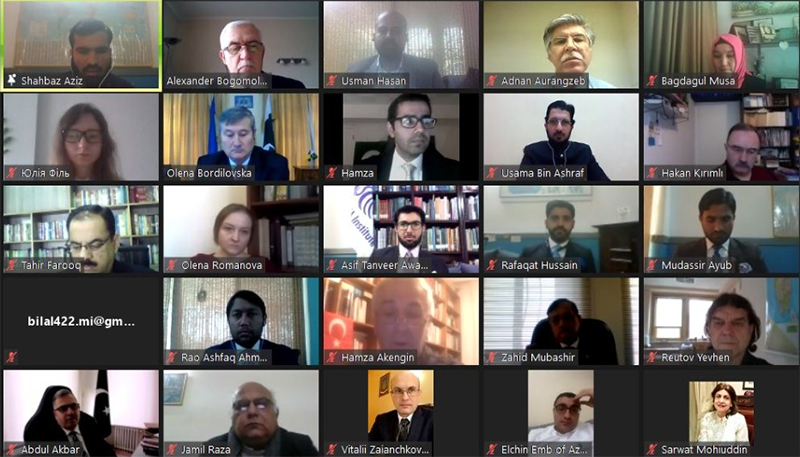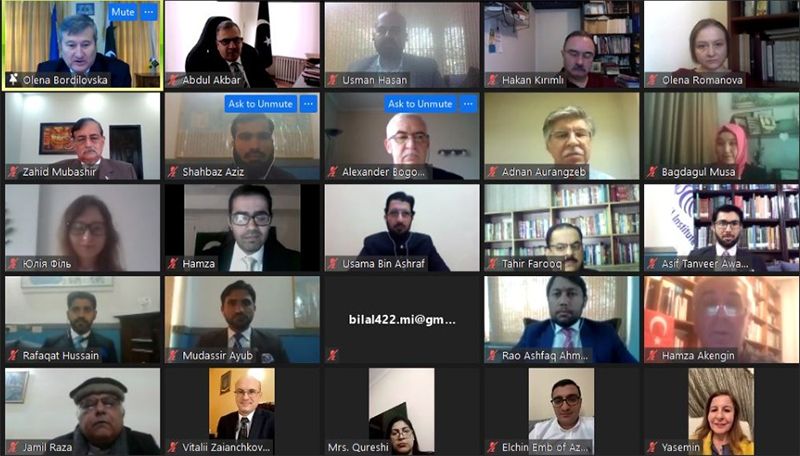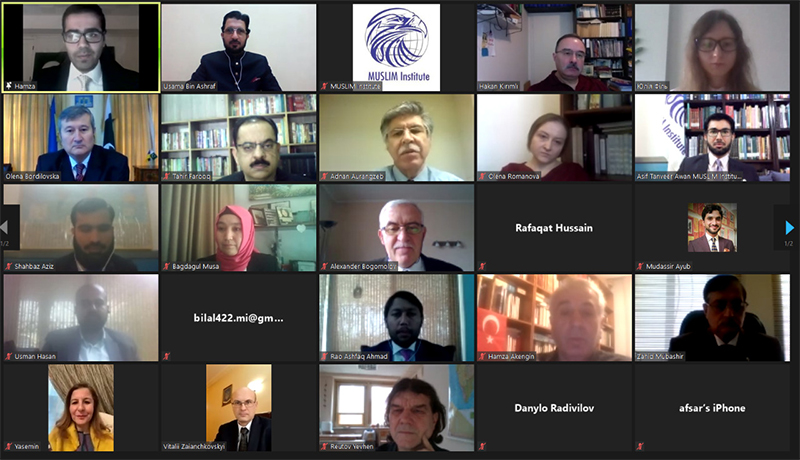|
Krysmky published several historical and cultural articles in the "Encyclopedic Dictionary" and the "New Encyclopedic Dictionary" of Brockhaus and Efron and the Granat Encyclopedic Dictionary. These articles include Kadin, Karagöz, Kilij Arslan I, Kilij Arslan II, Mehmed I, Namık Kemal Bey, "Necati" (1897), "Hoca Sadeddin Efendi, Seljuqs and Tughril Bey. He wrote more than two hundred articles for the Russian encyclopedia, of which about seventy were devoted to Turkish studies. Institute of Oriental Study by Krymsky published his Turkology studies in 5 volumes from 2007 to 2010 and the second and third volumes were devoted to Turkish Studies. There is also a vast collection of Lebanese colloquial proverbs that Krymsky had compiled in the late 1890s.
|
|
Krymsky’s work in Turkology is of great significance. The study of Turkology had always been a subject of Russian and European orientalists because Turkish political and cultural heritage played a very important role in the history and culture of Russia, Ukraine and other modern Turkish states. We can classify Krymsky’s Turkology studies as follows:
- Encyclopedia articles
- Textbooks and Course Materials
- Work on history of Turkey or Ottoman Empire
- Turkish people and their language
- Work on Ukrainian Tatars
- General Turkology studies like history of Khazars, history and culture of Azerbaijan
- Translations
|
|
|
|

|
|
|
Among the efforts of Krymsky, we should also note his contribution towards the study of Tatars. He maintained a relationship with Ismail and other scholars like Osman Khanzaday, Abdullah Latifzaday and Yaqub Kemai. He published his works on Tatars in the history of Crimea in five parts. Krymsky wrote his Turkology studies in both Russian and Ukrainian languages and some of his works were written in the Ukrainian language.
|
|
|
|
|
A. Krymsky also worked on Islamic studies and Sufi literature. He wrote in Russian primary textbook history of Islam and delivered lectures on the Holy Quran. Since he had an excellent command on the classical Arabic language, he tried to comprehend the Holy Quran deeply. Publications of A.Y. Krymsky include literary translations of the famous poetic works from Turkish, Persian and Arab literature into Ukrainian language. He also translated literary works of Hafiz Sherazi and Omar Khayyam. He introduced Sufi teachings and the works of Mevlana Rūmī to Ukrainian and Russian societies. According to A. Krymsky, "Mevlana Rūmī (1207–1263) was the greatest mystical (Sufi) poet of Persia and the entire Muslim world”. He also translated the poetry of some European poets.
|
|
|
Krymsky will never be forgotten. He will be remembered as a beacon and an inspiration for modern Ukraine. By embracing the diversity of different cultures and languages, we can lay the foundation of multiculturalism, peace and harmony. Krymsky’s work nurtured fruitful diversity of cultures. Krymsky’s scholarly contributions will be remembered as a harbinger of peace, love and co-existence. Bilateral ties between Pakistan and Ukraine carry immense scope. Moreover, the History of Muslims in Ukraine made it more conducive for both nations to strengthen mutual relationship and enhance academic cooperation in the current era.
|
|
|
|

|
|
© 2020. All rights reserved.
|
|
|
|
|
|
|
| | | |
